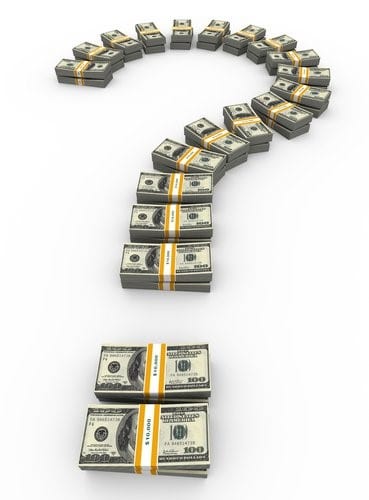Three Strange Stages of Retirement Spending

Now that hundreds of locals have already joined the Retirement Revolution, I’ve noticed some interesting consequences.
Remember that the Revolution encourages you to spend the money that your money is making — beginning the very first year of retirement.
So what happens in the real world for those of you who have embraced this concept? I see a similar pattern with most of you, and I couldn’t be more thrilled.
1. You step out into the world.
I find that many retirees plan to travel during their retired years. Once it’s discovered that it is okay to spend some of you savings, the immediate first step is almost always a trip somewhere.
Let’s say you start with a road trip across the country, and then a cruise to Alaska. Next up in a river cruise through the middle of Europe. How about an African safari? Or driving around Ireland searching out family members and history?
Some people go on multiple trips, or become cruise junkies. But I’ve found you can only take so many vacations before Home Sweet Home appears more and more appealing.
2. Home is where your heart is.
Once the traveling bug has been satisfied (or maybe at the same time) many of you start work around the house.
Remodeling your kitchen and bathroom. Resurfacing your pool. Getting a new driveway. Putting in some professional landscaping. New carpets, new flooring. New air conditioner. New roof. New appliances.
After a little while you seem to run out of home improvement ideas. Remember, I’m not asking you to become materialistic, nor just spend for spending’s sake. Once the basics are done it is time to move on.
3. You pay it forward.
This is where it gets tricky, and it’s the part I’m so excited to share with you. Members of the Retirement Revolution know they should spend the money that their money is making. So, once you’ve done the traveling and the home repairs, what’s next? Do you go out and buy fancy cars and jewelry? Not usually. Do retirees start new businesses with their extra cash flow? That can be a little too much hassle.
Generally step number three involves a wonderful new use for the money: generosity.
- A mom buys her 30-year-old daughter a new car, so that her child and her grandchild could travel in a safer vehicle.
- Retired parents organize a family vacation — all expenses paid.
- An aunt gives some money to her niece, who is going through a nasty divorce.
- A man extravagantly tips his breakfast waitress.
- A retired woman buys a neighborhood kid a bike.
- A mother supports a local battered women’s shelter.
You see, once you no longer fear that you’ll run out of money, your outlook on life will slowly change. Instead of feeling a wave of worry whenever you spend some of your savings, you can be confident and empowered knowing that you have done the proper planning. You’ll know that the investment plan you have in place has stood the test of time, and you’ll know exactly how much money you can safely spend — or give! — each month.
Be creative! Giving feels great. For both the giver and receiver.
I have one of the most rewarding jobs in the world, because I get to see these transformations. I get to witness, first hand, retirees who once viewed their financial future with dread, now get excited not about how much they have, but by how much they can give.
Be Blessed,
Dave


